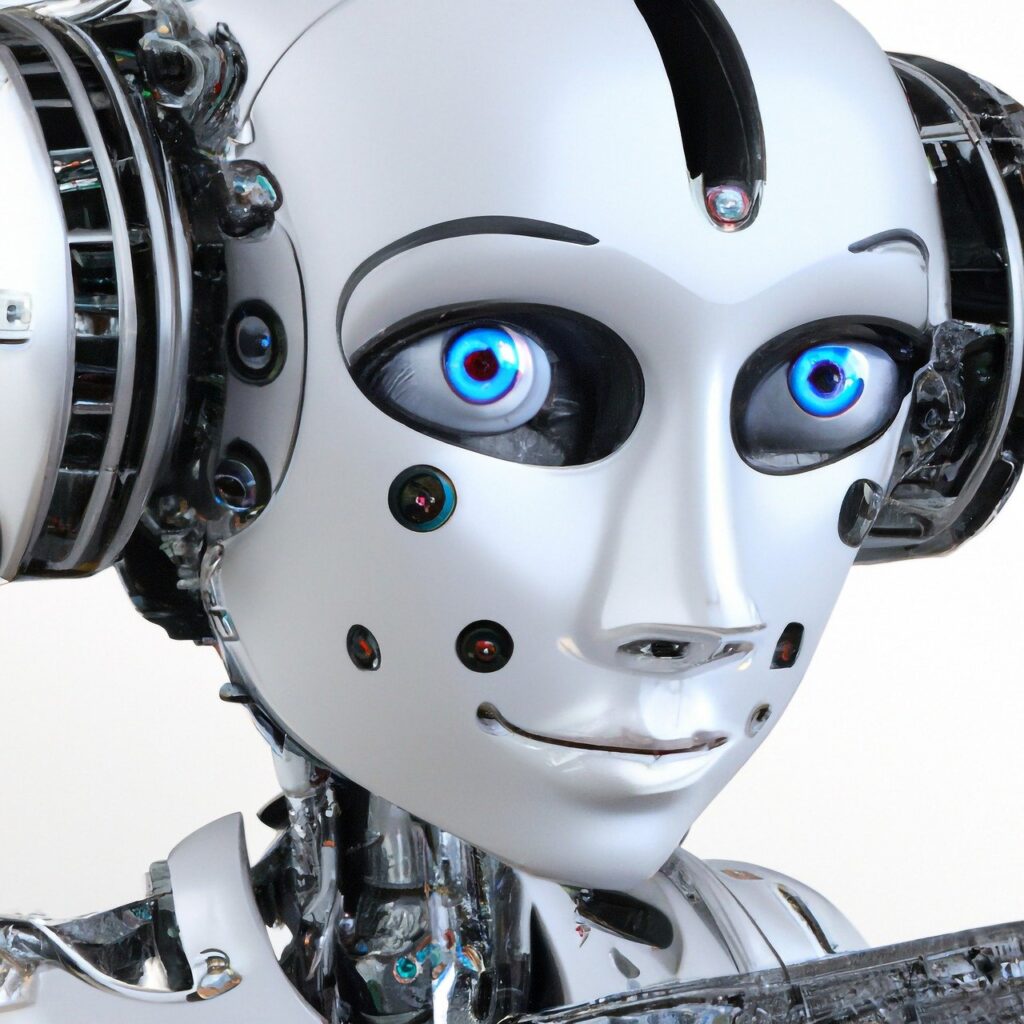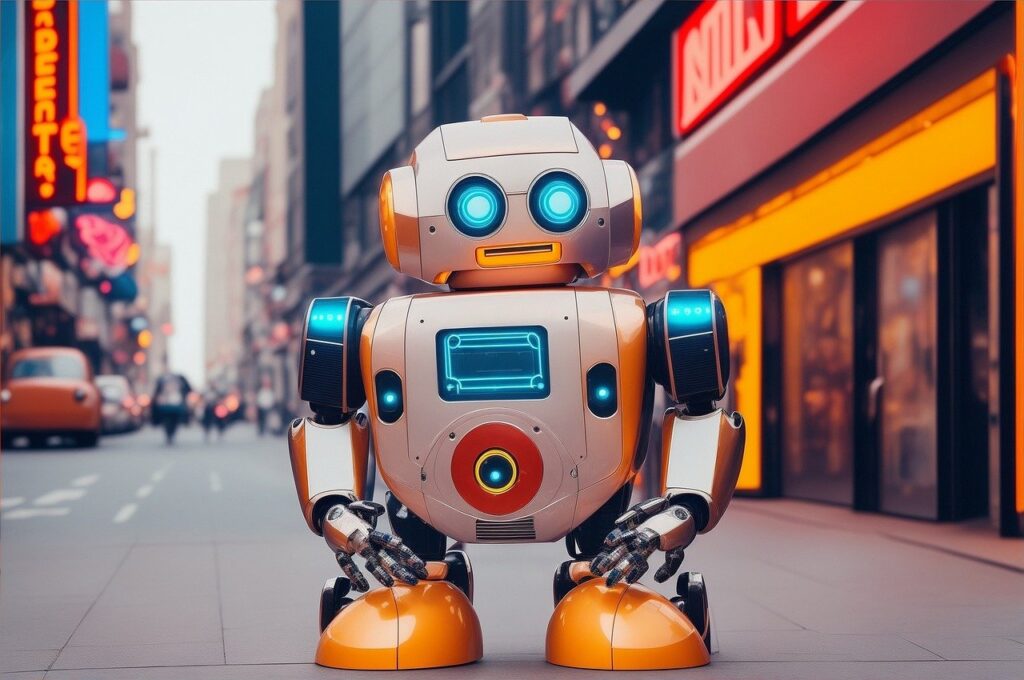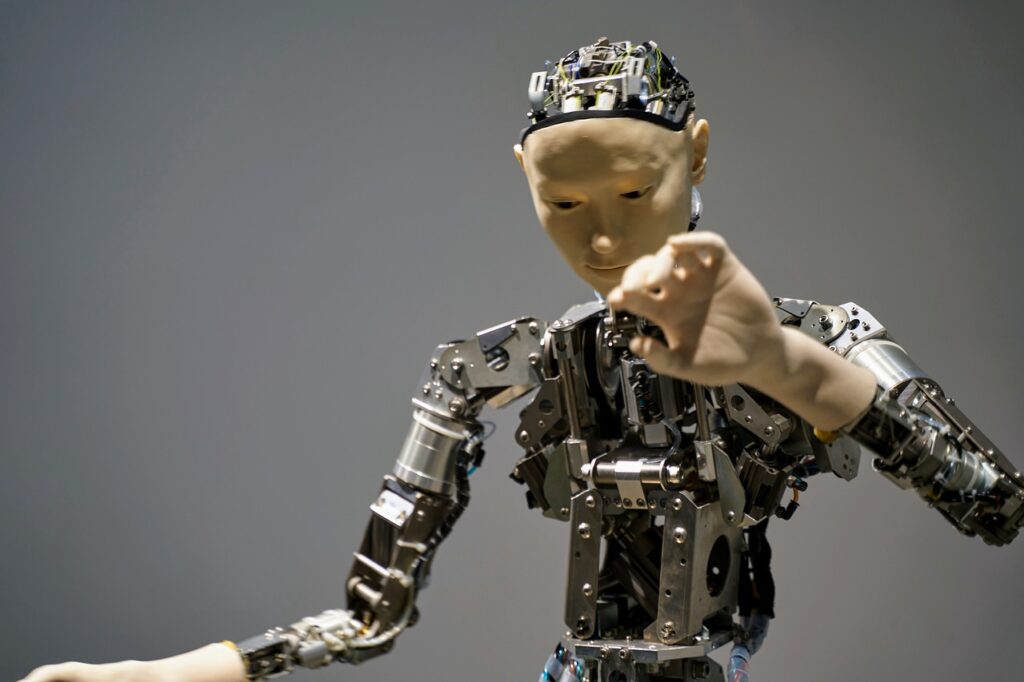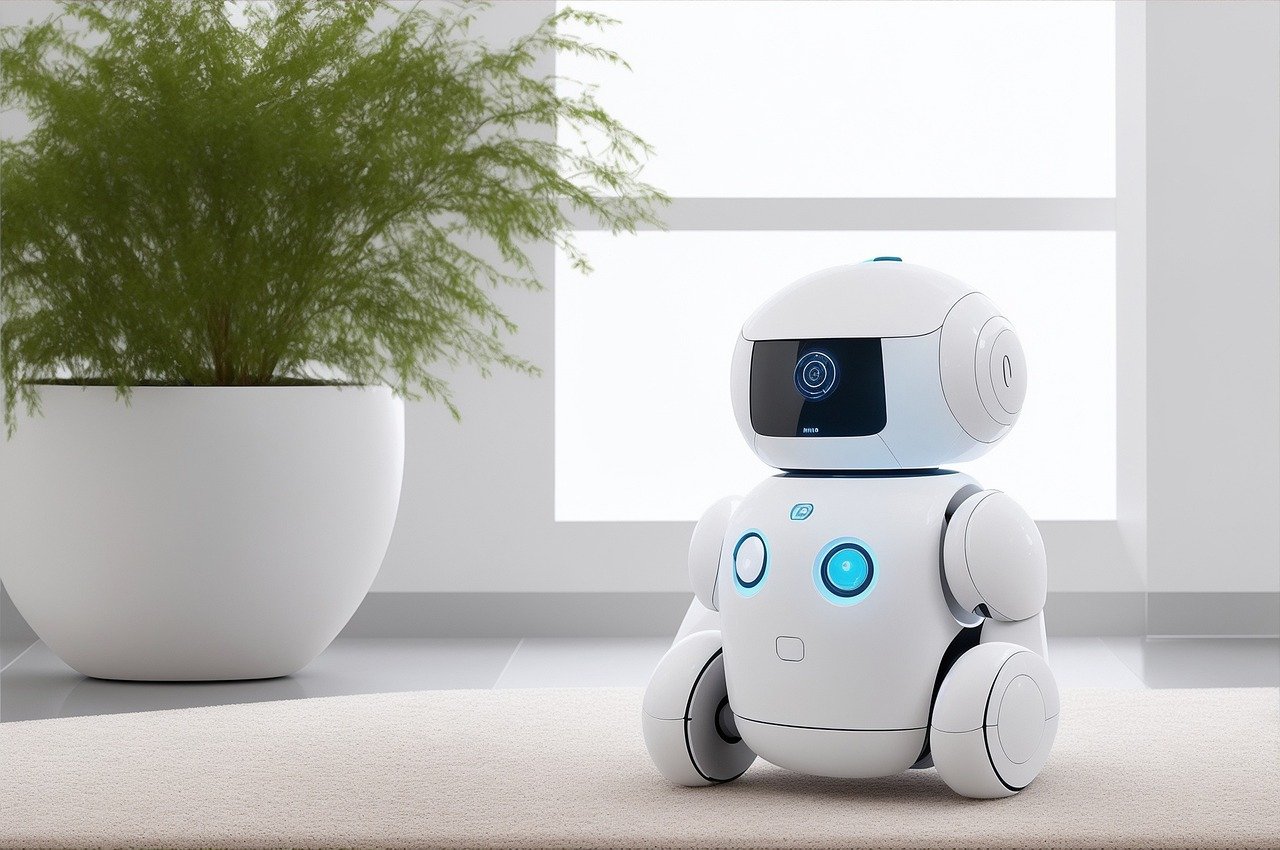Artificial intelligence (AI) is transforming the world at an unprecedented rate. How Artificial Intelligence is Changing the World From healthcare to education, business to entertainment, AI is reshaping industries and altering how we interact with technology daily. The rise of AI-driven innovations has led to major advancements that have revolutionized our lives. How artificial intelligence is changing the world goes beyond simple automation; it’s reshaping everything from personalized experiences to intelligent problem-solving.

This blog will explore how AI is influencing various sectors, its current applications, and how the future of artificial intelligence in 2025 is poised to bring even more groundbreaking changes.
How Artificial Intelligence is Changing the World Today
AI technology is already embedded in countless aspects of modern life. From powering voice assistants like Siri and Alexa to enhancing fraud detection in banking, the potential of AI to improve efficiency and create solutions is undeniable. Let’s take a closer look at some top applications of artificial intelligence today.
1. AI in Healthcare
The healthcare industry has experienced significant benefits thanks to AI. AI is being used to analyze medical data, predict patient outcomes, assist in diagnosing illnesses, and even suggest treatment options based on individual cases. For instance, AI algorithms can process radiology images far faster and more accurately than human doctors, leading to earlier detection of diseases like cancer. The use of AI in telemedicine, virtual health assistants, and remote monitoring is also making healthcare more accessible to people around the globe.
AI has also been instrumental in drug discovery. Using advanced algorithms, AI systems can identify potential drug candidates, predict their effectiveness, and speed up the entire process of bringing new treatments to market. This ability to innovate quickly could revolutionize healthcare delivery.
2. AI in Business
In business, AI is transforming how companies operate. AI systems enable businesses to automate routine tasks, improve customer service, and enhance data-driven decision-making. For example, AI-powered chatbots are increasingly being used in customer service to respond to queries in real-time, improving response rates and reducing the need for human intervention. Additionally, AI algorithms help businesses optimize their supply chains by predicting demand and managing inventory levels more efficiently.
AI in marketing has also made it easier for companies to personalize content for individual consumers. Machine learning algorithms analyze consumer behavior, preferences, and demographics to create targeted advertising campaigns. This level of personalization helps businesses improve conversion rates and build stronger relationships with their customers.
3. AI in Education
Education is another sector benefiting from AI advancements. AI-powered educational tools are revolutionizing the way students learn, providing personalized learning experiences that adapt to individual needs. Whether it’s through intelligent tutoring systems, automated grading, or adaptive learning platforms, AI is making education more accessible and tailored to each student’s strengths and weaknesses.
AI is also helping educators manage administrative tasks more efficiently, such as grading papers or tracking student progress. In the future, AI could even assist in curriculum development, ensuring that learning materials are up-to-date and aligned with modern educational standards.
4. AI in Transportation
AI has had a significant impact on transportation, with innovations like autonomous vehicles and traffic management systems improving safety and efficiency on the roads. Self-driving cars, powered by AI, are being tested and developed by companies like Tesla, Google, and Uber. These vehicles can navigate complex environments, make split-second decisions, and potentially reduce human error, which is responsible for a majority of traffic accidents.

AI is also playing a role in optimizing public transportation systems. Predictive algorithms analyze traffic patterns and suggest the best routes for buses and trains, reducing congestion and improving travel times for commuters.
5. AI in Finance
The finance sector has embraced AI to improve everything from fraud detection to customer experience. Banks and financial institutions use AI-powered systems to monitor transactions in real-time, flagging suspicious activities and preventing fraud before it occurs. AI is also enhancing customer service with chatbots that can handle banking queries, process transactions, and offer financial advice around the clock.
AI in financial forecasting is another key area where businesses are seeing significant benefits. By analyzing historical data and identifying trends, AI systems can predict future market movements, helping businesses and investors make informed decisions.
The Future of Artificial Intelligence in 2025
As we look ahead to 2025, the role of AI in shaping the future becomes even more exciting. Advancements in machine learning, natural language processing, and robotics will drive innovation across multiple sectors. The future of artificial intelligence in 2025 promises deeper integration into everyday life, from smart cities and personalized healthcare to AI-powered entertainment and education.
1. Smarter Cities
By 2025, AI will play a pivotal role in building smarter cities. From traffic management systems to energy-efficient infrastructures, AI will optimize urban living. AI-driven systems will predict and manage traffic flows, reduce energy consumption by automating lighting and heating systems, and monitor pollution levels to improve air quality. Smart city initiatives will enhance sustainability and improve the quality of life for millions of people.
2. AI in Personalized Healthcare
AI’s impact on healthcare will deepen by 2025. Personalized healthcare powered by AI will become a reality, with advanced algorithms using genetic data to create tailor-made treatment plans for patients. Predictive analytics will allow doctors to foresee health issues before they arise, leading to preventative care solutions. AI-assisted surgeries will also become more precise, reducing recovery times and improving patient outcomes.
3. Autonomous Vehicles and Beyond
Autonomous driving technology will see widespread adoption by 2025. AI will not only make self-driving cars more common but also help develop autonomous drones, delivery robots, and AI-powered public transportation systems. These innovations will transform the logistics and transportation industries, making them more efficient, safer, and more eco-friendly.
4. AI in Creative Fields
While AI has already made its way into creative industries, by 2025, its influence will grow. AI tools will assist artists, musicians, and writers in generating content, creating new forms of art, and even composing music. While human creativity will remain at the forefront, AI will act as a collaborator, enhancing artistic expression.
5. AI-Driven Workplaces
The workplace of 2025 will be powered by AI-driven tools that automate repetitive tasks and support human workers in more complex decision-making processes. Virtual assistants, AI-powered project management tools, and intelligent analytics platforms will enable businesses to operate more efficiently. Rather than replacing jobs, AI will augment them by improving productivity and reducing workload stress.

Challenges and Ethical Considerations
While AI is bringing about transformative changes, it also raises important ethical concerns and challenges that need to be addressed. Issues such as data privacy, bias in AI systems, and job displacement are critical areas of focus.
1. Data Privacy
AI systems rely on large amounts of data to function effectively. This raises concerns about data privacy and security, particularly in industries like healthcare and finance, where sensitive information is handled. Ensuring that data is stored and processed responsibly will be key to building trust in AI systems.
2. Bias in AI Systems
AI systems can sometimes exhibit bias, particularly if the data they are trained on contains biases. Addressing these biases will be essential to ensuring that AI systems provide fair and accurate results. As AI becomes more integrated into decision-making processes, developers must work to eliminate bias and ensure that AI systems are transparent and accountable.
Conclusion
Artificial intelligence is undoubtedly changing the world in profound ways. From improving healthcare and education to revolutionizing industries like finance and transportation, AI has the potential to solve some of the most pressing challenges of our time. As we look to the future, it’s clear that the future of artificial intelligence in 2025 will bring even more innovations, reshaping the world as we know it.
Whether it’s enhancing personalized experiences or driving smart city development, AI will continue to push the boundaries of what is possible. However, as we embrace this technology, it’s essential to consider the ethical implications and ensure that AI is used for the greater good.

